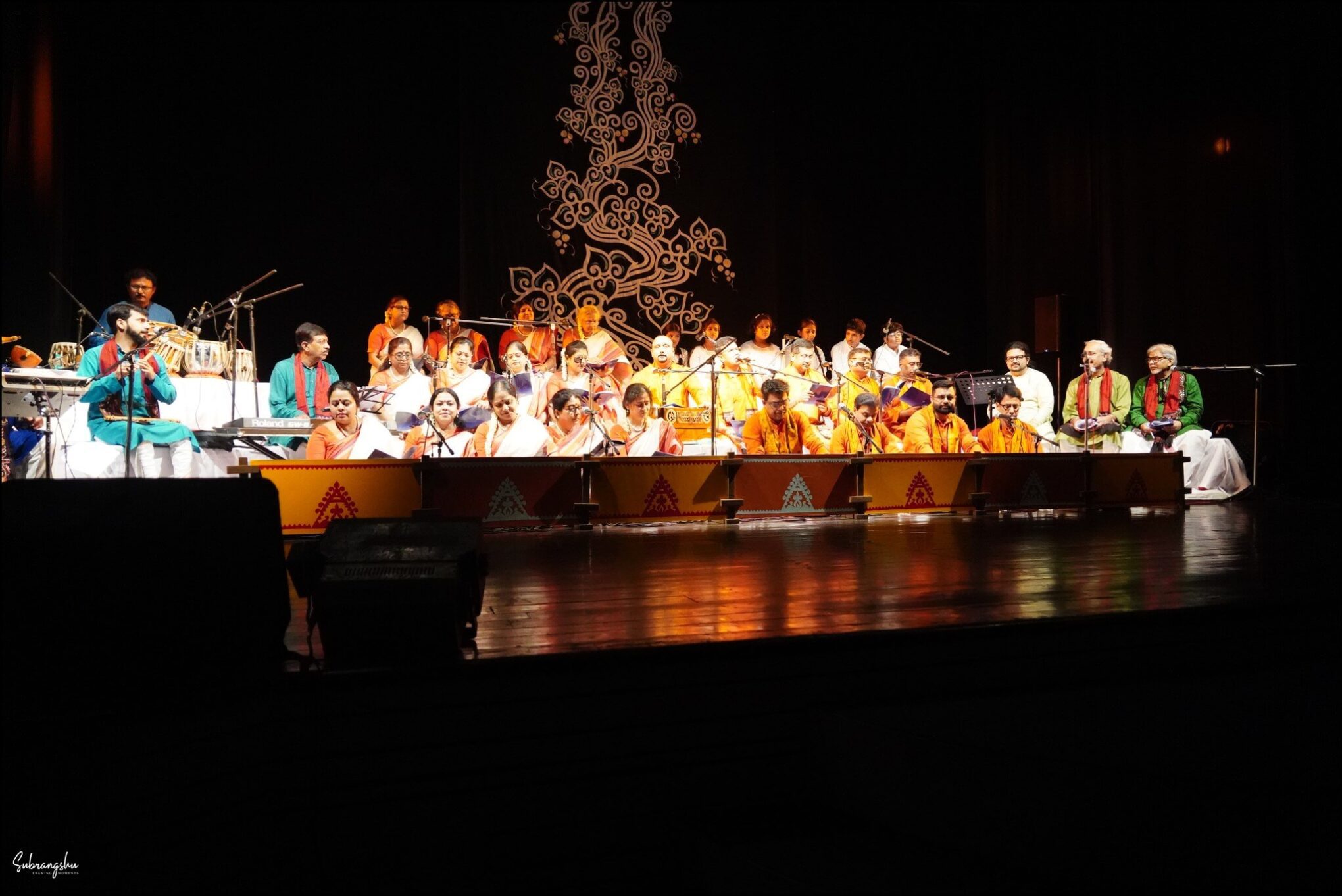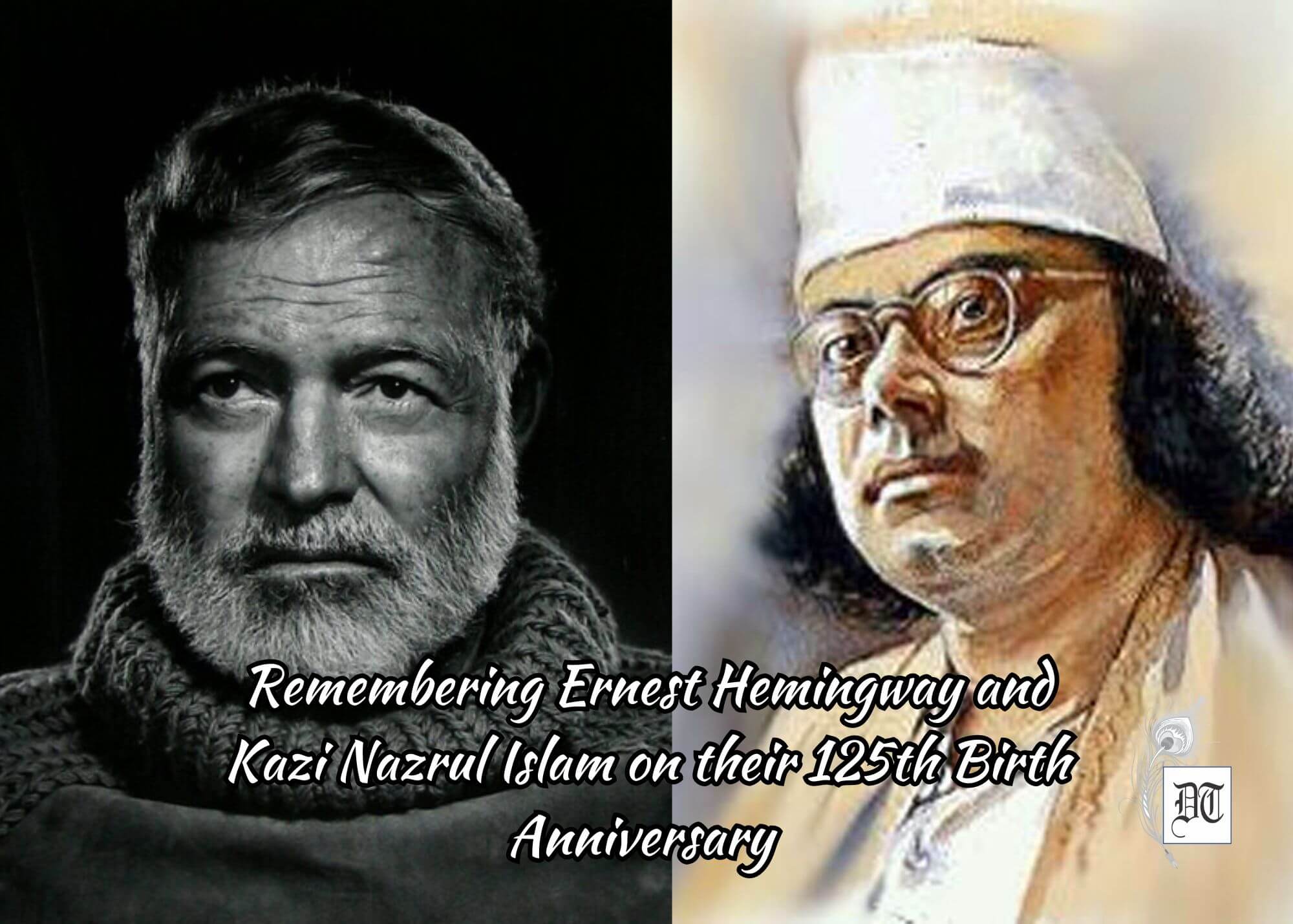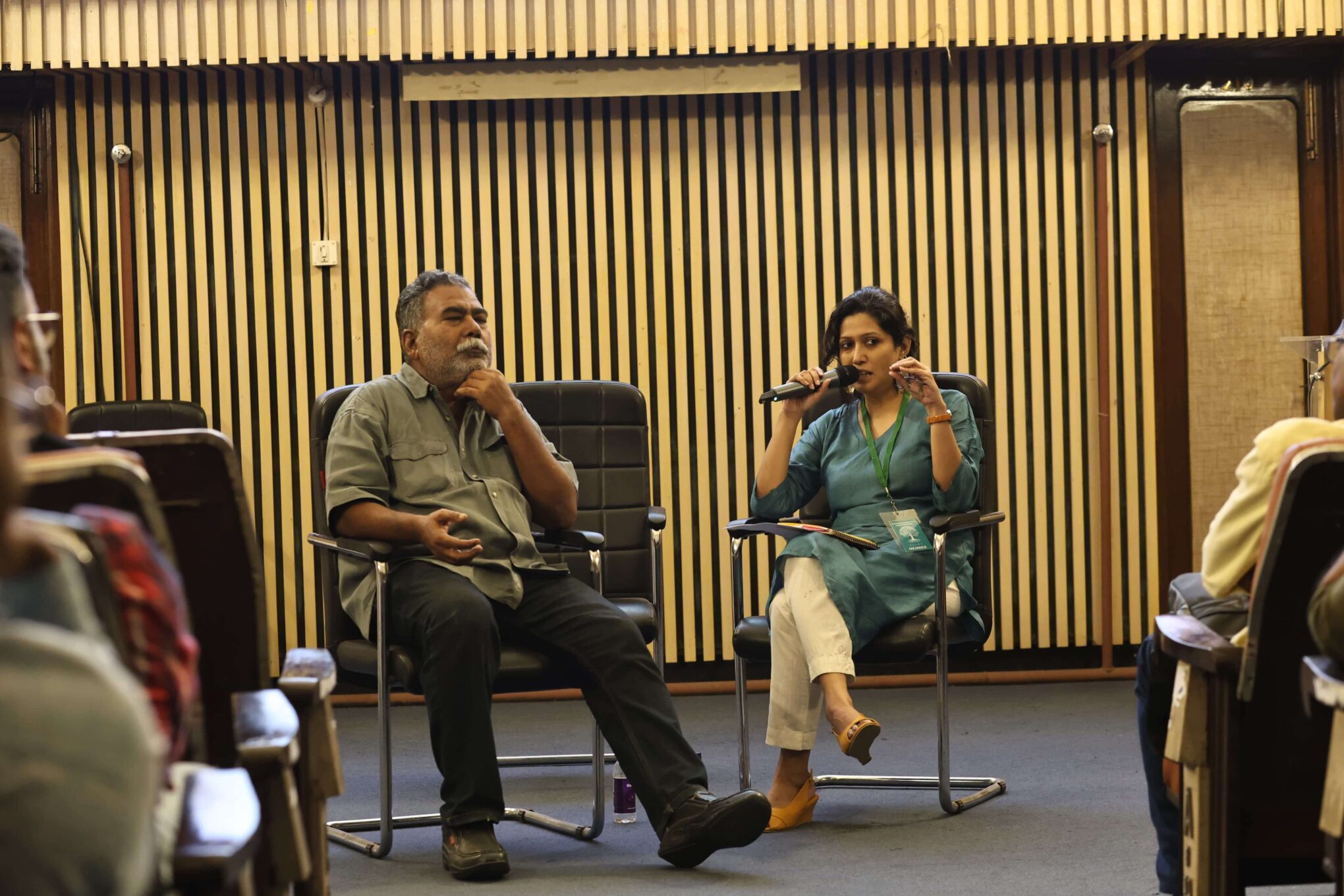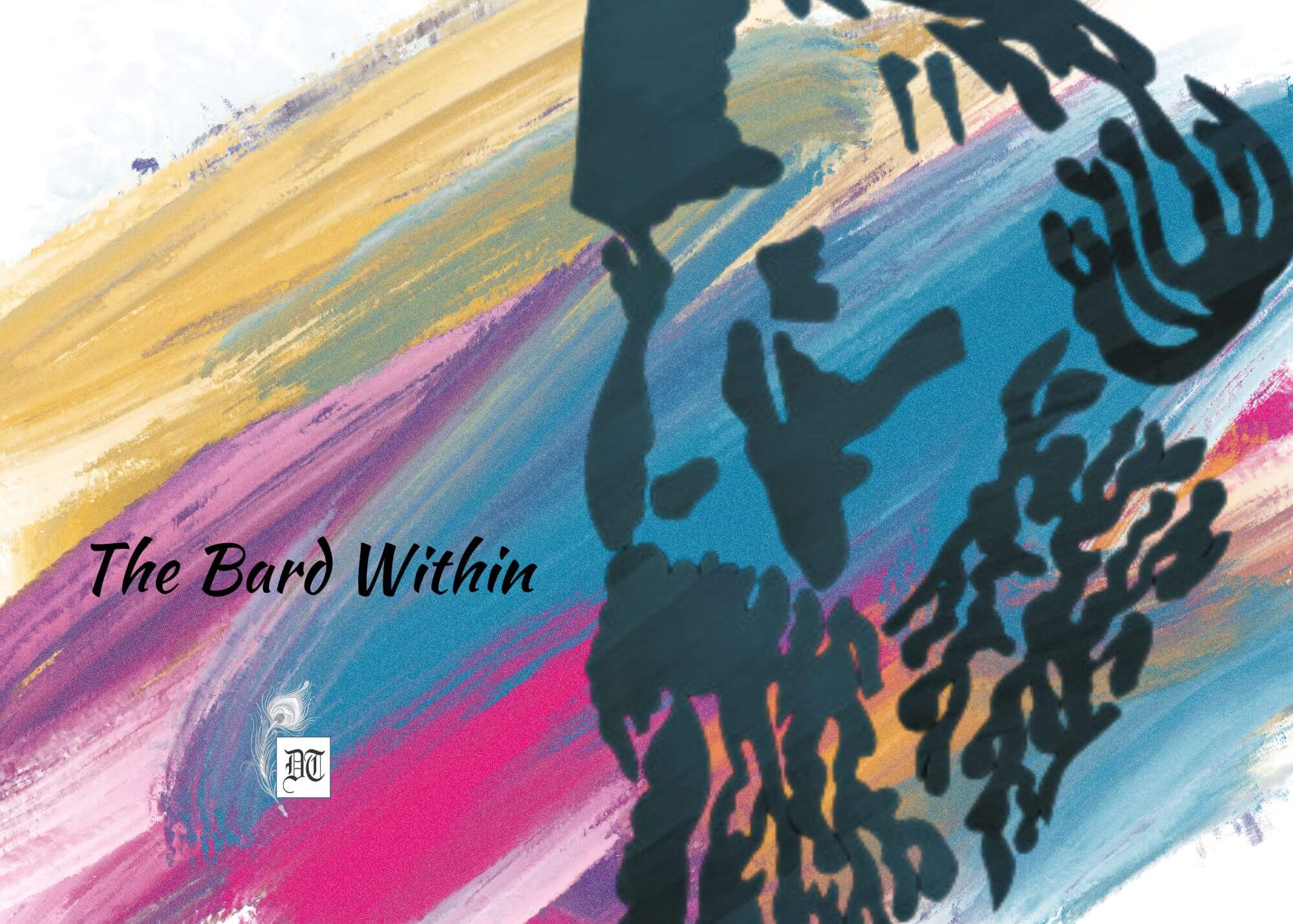A firebrand writer, who had the spunk and the courage to call a spade a spade, passed away in Kolkata, on Thursday, at 90. Madhumita pays a befitting tribute to the great writer, who gave voice to the voiceless. Hers was the human voice, probing deep into the suffering heart of the less fortunate, jolting the more fortunate out of their smug indifference. Here’s a report in Different Truths.
 I was not so young when the Naxalite movement raged through Bengal in the seventies and had seen and heard of young men and women who had impassioned dreams of a classless society. They were part of a strong underground movement that establishment was up to combat and defeat. Youth were arrested, shot at, tortured in jail, maimed and killed. There were stories and plays written on the movement. One most powerful was Mahasweta Devi’s novel Hajaar Churashir Ma [Mother of 1084 (1974)], the first of her work that I had read, though much later.
I was not so young when the Naxalite movement raged through Bengal in the seventies and had seen and heard of young men and women who had impassioned dreams of a classless society. They were part of a strong underground movement that establishment was up to combat and defeat. Youth were arrested, shot at, tortured in jail, maimed and killed. There were stories and plays written on the movement. One most powerful was Mahasweta Devi’s novel Hajaar Churashir Ma [Mother of 1084 (1974)], the first of her work that I had read, though much later.
The author narrates the story of a mother who recollects memories of her son, a Naxalite, since he was young till his death, brutally killed by the state because of his ideology advocating the killing of class enemies, collaborators with the State and counter-revolutionaries within the Party. The mother visits the morgue to identify her son, now a corpse, marked as number 1084.
During the seventies, every Bengali family had, or knew, someone who was involved in the movement, someone who disappeared, crippled for life or killed. The novel touched a chord in every Bengali reader’s heart.
This is the beauty of Mahasweta Devi’s writing. Hers is the human voice, probing deep into the suffering heart of the less fortunate, jolting the more fortunate out of their smug indifference.
Besides being a most powerful and courageous writer, she was a social activist, dedicating her life to fighting for the rights of the most hapless people of the Indian society, the downtrodden and oppressed, the migrant and the destitute, tribal and Dalits, communities viewed as and, dismissed, by the bourgeoisie, as being criminal and marginal. She has studied and written on not only the Lodhas and Shabars, the tribal communities of West Bengal, women and Dalits, but also the struggles of tribal people in Bihar, Madhya Pradesh and Chattisgarh. In her fiction, she has depicted the brutal oppression of tribal people and the untouchables by the power-wielding, authoritarian upper-caste landlords, lenders, and venal government officials.
The source of her inspiration, she has said, are the unfortunate, suffering people.
 “I have always believed that the real history is made by ordinary people. I constantly come across the reappearance, in various forms, of folklore, ballads, myths and legends, carried by ordinary people across generations. … The reason and inspiration for my writing are those people who are exploited and used, and yet do not accept defeat. For me, the endless source of ingredients for writing is in these amazingly noble, suffering human beings. Why should I look for my raw material elsewhere, once I have started knowing them? Sometimes it seems to me that my writing is really their doing,” the firebrand writer emphasised.
“I have always believed that the real history is made by ordinary people. I constantly come across the reappearance, in various forms, of folklore, ballads, myths and legends, carried by ordinary people across generations. … The reason and inspiration for my writing are those people who are exploited and used, and yet do not accept defeat. For me, the endless source of ingredients for writing is in these amazingly noble, suffering human beings. Why should I look for my raw material elsewhere, once I have started knowing them? Sometimes it seems to me that my writing is really their doing,” the firebrand writer emphasised.
Mahasweta Devi is the voice of India. Her voice will resound for many, many years, a champion of the voiceless.
Her demise is a great loss to Indian life and literature. May she Rest in Peace!
©Madhumita Ghosh
Pix from Net.


 By
By

